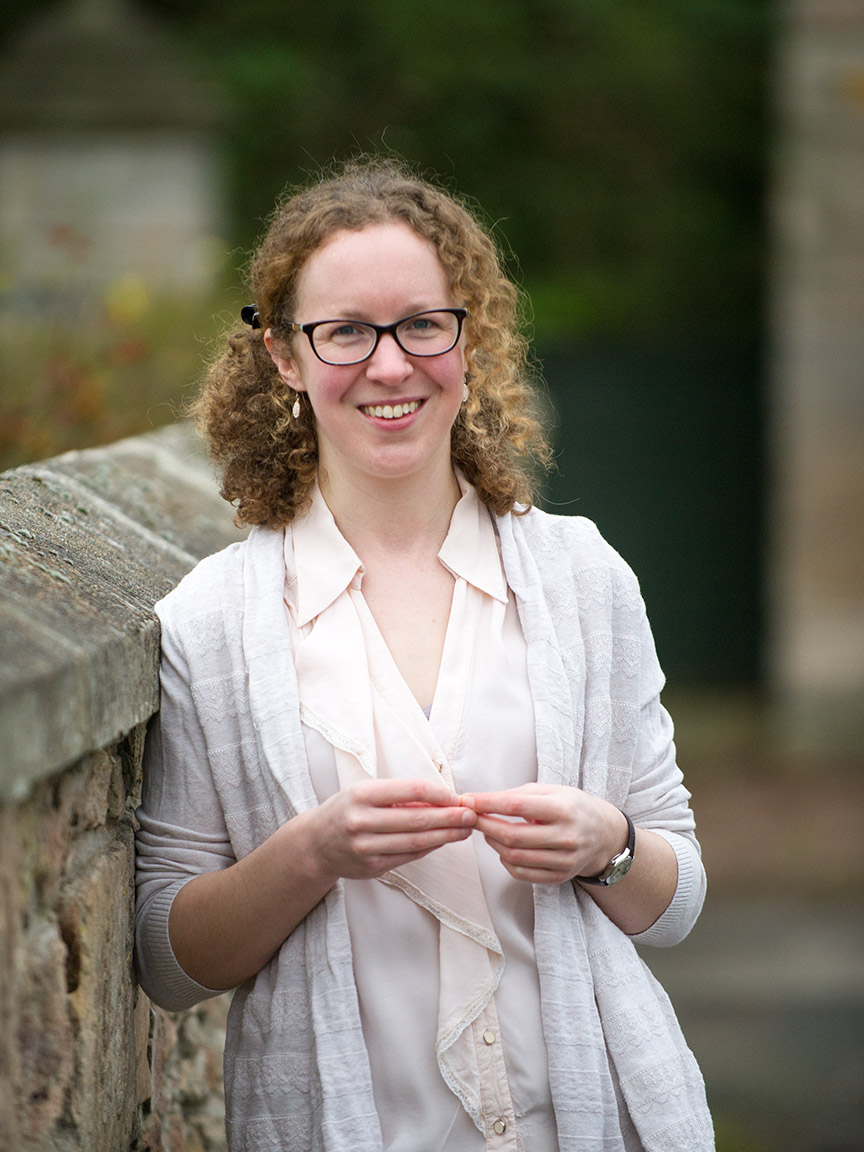Notes: Tour Guide and Public Service Interpreter
 My name is Kirsten Matthews and I work for Diageo as a tour guide in their distillery. I also have a role as public service interpreter.
My name is Kirsten Matthews and I work for Diageo as a tour guide in their distillery. I also have a role as public service interpreter.
What sparked your interest in languages and which languages do you speak?
I speak French, Spanish, German and Italian. I quite enjoyed languages at school but probably my first real interest in languages came from travelling to Chile before I started university. I learnt Spanish by ear while I was there and saw how my enjoyment and understanding of the place and the culture grew as a result.
Why do you think languages are an important skill to have?
If you want to travel then the better your language skills, the easier it will be – both to secure a job that involves travel, and to make the most of the places you might visit. Languages don’t have to be exclusively about travel, though. Any encounters you have with someone  who speaks another language, whether at home or abroad, whether for work or in your free time, will be friendlier, more valuable and more memorable if you are able to speak even a little bit of that person’s language.
who speaks another language, whether at home or abroad, whether for work or in your free time, will be friendlier, more valuable and more memorable if you are able to speak even a little bit of that person’s language.
How have language skills helped you in your life and work?
I currently work both as a Distillery Tour Guide and as a Public Service Interpreter – both of those jobs involve working with the public. In both jobs, although obviously in very different ways, language skills make it possible for me to perform a service and to help people. Even as a tour guide, where languages are not strictly a requirement of the job, I find that the extra connection they allow with customers makes the role even more richly rewarding than it would otherwise be.
In your experience, how would you say that cultural awareness has been important?
 The first thing I find you notice in working with languages, and with members of the public from all over the world, is that people are the same in essentials wherever they are from. Cultural conventions differ from country to country. As an interpreter it is part of your job to be sensitive to this and to draw attention to it where relevant. As a tour guide, awareness of different cultural conventions means being comfortable with all visitors, whatever their approach to social interaction, and wherever they are from.
The first thing I find you notice in working with languages, and with members of the public from all over the world, is that people are the same in essentials wherever they are from. Cultural conventions differ from country to country. As an interpreter it is part of your job to be sensitive to this and to draw attention to it where relevant. As a tour guide, awareness of different cultural conventions means being comfortable with all visitors, whatever their approach to social interaction, and wherever they are from.
Do you have any advice for anyone considering learning a language?
My advice would be firstly to go for it, it is one of the most rewarding things you will ever do. And secondly, use every opportunity you have to speak the language, whatever level you are at, and never be afraid of making mistakes or of sounding silly. Everyone who you see speaking a language fluently started off making mistakes, and there is no other way to become fluent than by speaking. Listening helps a lot, especially audiobooks, but having the courage to speak is the most important thing.
Return to Job Profiles